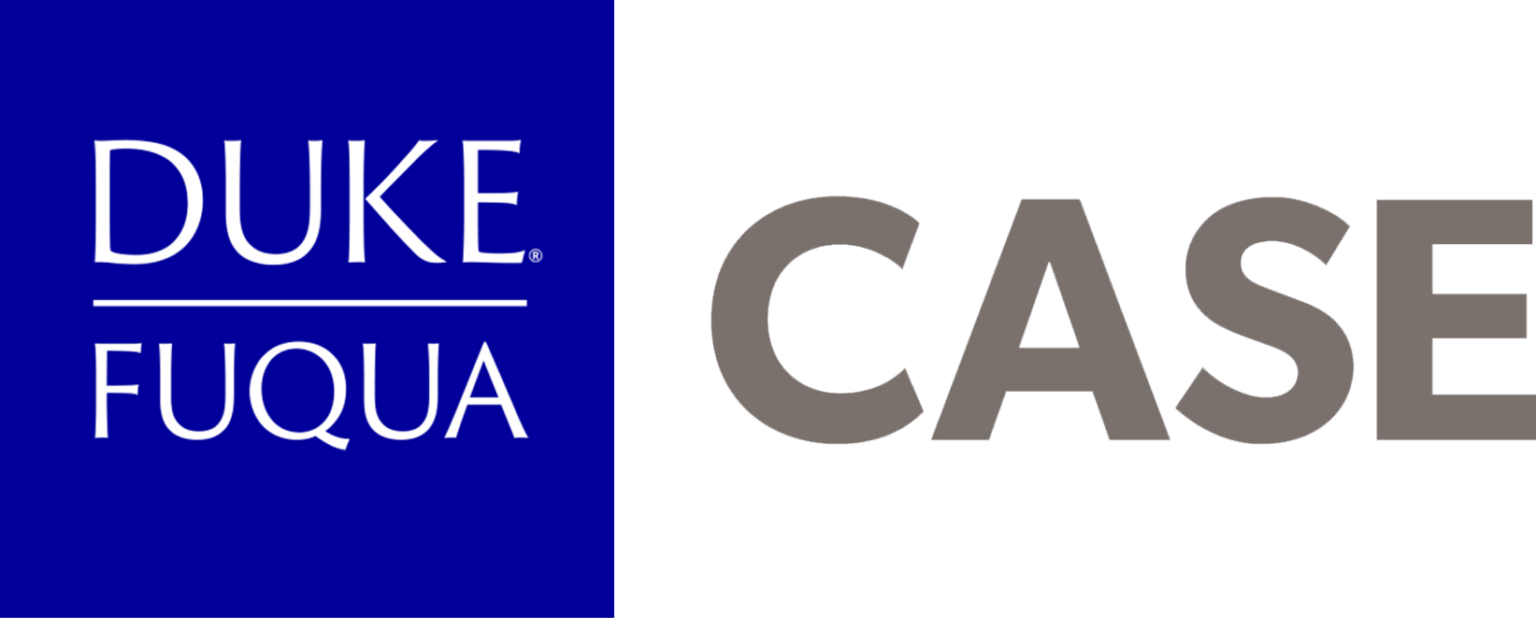Knowledge Items
The Challenges of Creating Databases to Support Rigorous Research in Social Entrepreneurship

By Paul N. Bloom and Cathy Clark The purpose of this paper is to explore the challenges associated with trying to create databases that serious researchers would want to use to examine issues related to social entrepreneurship. Questions are raised about defining the units to be studied, determining what to measure, deciding where to obtain […]
Designing Your Business Model for Social Impact
By Cathy Clark and J. Gregory Dees From starting-up through scaling, social entrepreneurs are constantly redesigning their business models to increase their financial stability, efficiency and ultimate impact. Building on their global study of social entrepreneurial business models, the authors offer lessons about the best ways to navigate the redesign process. Successful change is less […]
Social Entrepreneurship: A Golden Opportunity for China to Show Global Leadership
By J. Gregory Dees Because China is a society in transition, it is well positioned to create a strong environment for social entrepreneurship. This will help China cross the bridge from rising prosperity towards more inclusive growth and greater harmony. The same drive, skills, and capabilities developed in the rapid economic expansion of the past […]
ChildFinance: Changing an Ecosystem to Achieve Social Impact
By Paul N. Bloom The idea of ChildFinance – offering children access to, and the capability to use, safe financial products and services – emerged from Jeroo Billimoria’s early experiences working with poor families in rural India and with “street” children in her hometown, Mumbai. She found that, contrary to what one might expect, the […]
Identifying the Drivers of Social Entrepreneurial Impact: Theoretical Development and an Exploratory Empirical Test of SCALERS

By Paul N. Bloom and Brett R. Smith The scaling of social entrepreneurial impact is an important issue in the field of social entrepreneurship. While researchers have focused relatively little theoretical and empirical attention on scaling, a recently proposed set of drivers of scaling – incorporated into what has been labeled the SCALERS model – […]
Creating Large-Scale Change: Not ‘Can’ But ‘How’

By J. Gregory Dees Scaling impact is a very serious and challenging issue, but we need a better way of framing the conversation. The author proposes three reframing steps:• Reframing step # 1: Shift from “can” to “how can”• Reframing step #2: Explore all methods for scaling impact• Reframing step #3: Accept scale as a […]
Understanding Stakeholder Responses to Corporate-Citizenship Initiatives: Managerial Guidelines and Research Directions

By Steve Hoeffler, Paul N. Bloom and Kevin L. Keller Firms are increasingly devoting attention to corporate citizenship initiatives. Despite the great interest in these initiatives, there is little academic research on their potential effects to guide managerial decisions. This article draws on theories from the consumer behavior literature to identify how socially oriented programs […]
Scaling Social Impact: New Thinking

Edited by Paul N. Bloom and Edward Skloot Many social entrepreneurs struggle to take successful, innovative programs that address social problems a local or limited basis and scale them up to expand their impact in a more widespread, deeper, and efficient way. The editors address this issue with a comprehensive collection of original papers written […]
Social Entrepreneurship and Social Enterprise
By Matthew T.A. Nash Few concepts in the social sector have caught on as quickly and have captured the imagination of so many, or have been the subject of such intense debate, as has social entrepreneurship. We need to create a healthy, vibrant ecosystem that supports innovative social entrepreneurs, but with appropriate discipline to ensure […]
Scaling Social Entrepreneurial Impact

By Paul N. Bloom and Aaron K. Chatterji We introduce a conceptual model that proposes seven drivers—or organizational capabilities—that can stimulate successful scaling by a social entrepreneurial organization. These drivers/capabilities are identified by using the acronym SCALERS, which stands for: Staffing, Communications, Alliance building, Lobbying, Earnings generation, Replication, and Stimulating market forces. The model also […]
